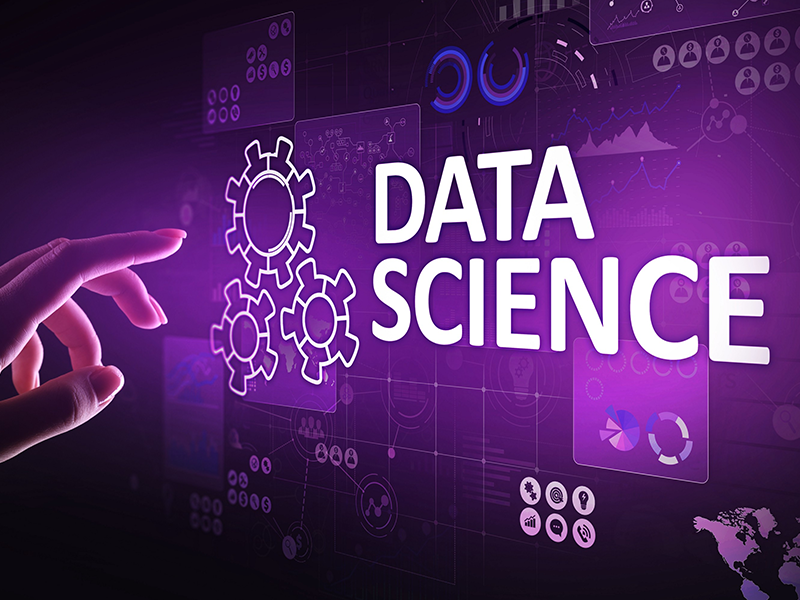Data Science

About Course
A Data Science course typically provides a comprehensive overview of the principles, techniques, and tools used to extract insights from large volumes of data. Below is a detailed description of the components often included in such a course:
- Introduction to Data Science: The course usually begins with an overview of what data science is, its applications across various industries, and the role of a data scientist.
- Mathematics and Statistics Fundamentals: Data science heavily relies on mathematical and statistical concepts. Students learn about topics such as probability theory, linear algebra, calculus, hypothesis testing, and descriptive and inferential statistics.
- Programming Languages: Proficiency in programming languages is crucial for data analysis and manipulation. Commonly taught languages include Python and R. Students learn basic to advanced programming concepts, data structures, and libraries/frameworks such as NumPy, pandas, and scikit-learn (in Python) or tidyverse (in R).
- Data Collection and Cleaning: Gathering data from various sources, such as databases, APIs, or web scraping, is an essential skill. Students learn techniques to clean and preprocess raw data, including handling missing values, dealing with outliers, and standardizing data formats.
- Exploratory Data Analysis (EDA): EDA involves analyzing and visualizing data to understand its underlying patterns, relationships, and distributions. Students learn techniques such as data visualization using libraries like Matplotlib and Seaborn, as well as summary statistics and data profiling.
- Machine Learning: Machine learning is a core component of data science, involving algorithms that enable computers to learn patterns from data and make predictions or decisions. Students study supervised learning (e.g., regression, classification), unsupervised learning (e.g., clustering, dimensionality reduction), and techniques
Course Content
Introduction to Data Science
Mathematics and Statistics Fundamentals
Programming Languages
Data Collection and Cleaning
Exploratory Data Analysis (EDA)
Machine Learning
Student Ratings & Reviews

No Review Yet
